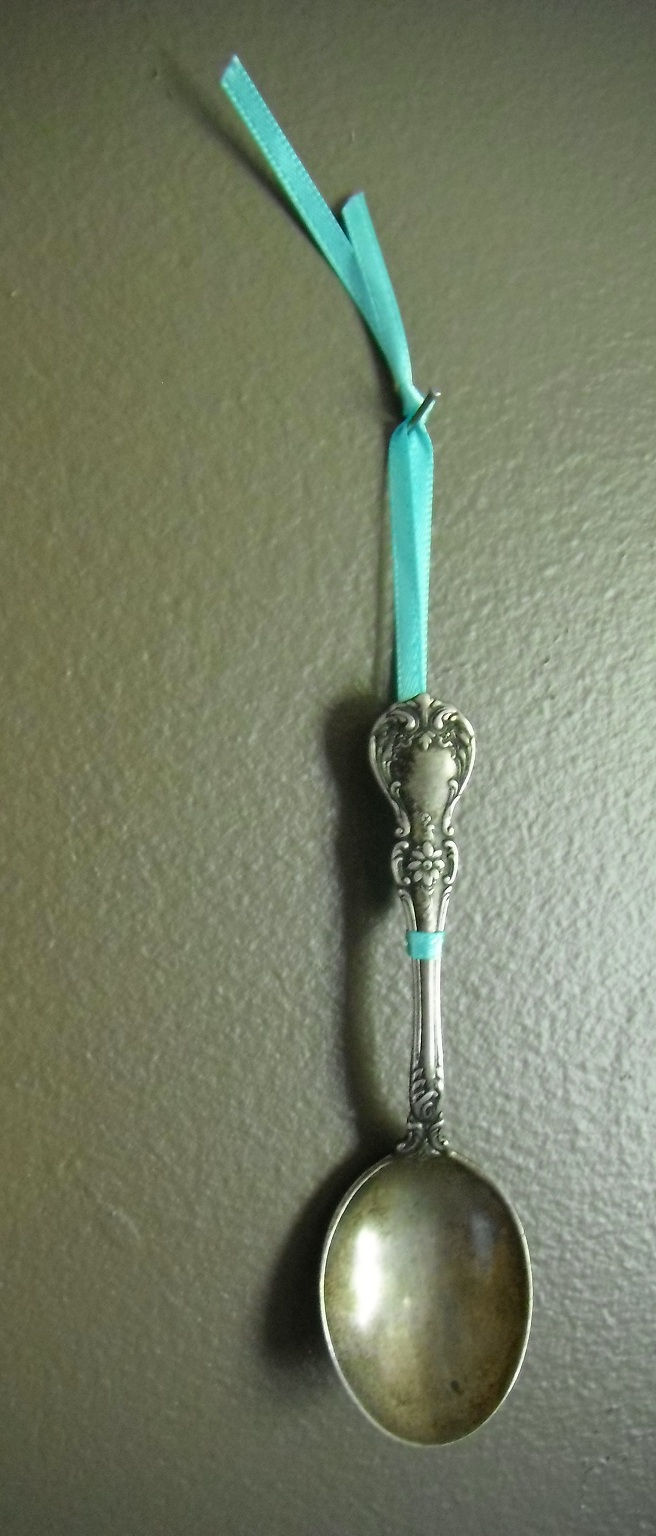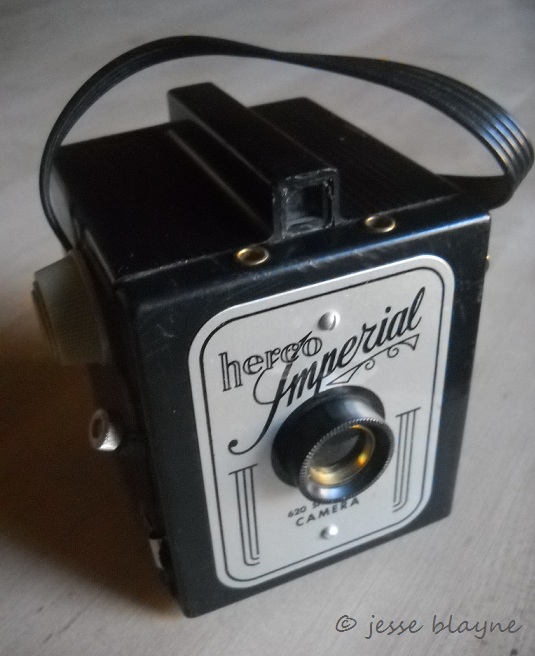Dear Experts in Childhood Development,
I am divorced from my children’s father. You’ve told me over and over again that I’m not supposed to bad-mouth their father – especially to my kids. You have told me that if I do so, I’m also hurting my kids.
You also give me advice on how to handle bullies. I’ve learned that we are supposed to have open discussions at home about bullies and bullying behavior. You’ve said that in order to prevent bullying, we have to talk about it and call it what it is. You tell me that these conversations must happen in order to make the world a safer place for kids.
My kids’ dad is a bully – he’s a narcissistic bully – and yet you tell me I can’t call him any names.
I’m confused.
You encourage me to call the bullying kid on the playground a bully, but I’m not supposed to call their dad a disparaging name. Isn’t that a contradiction? Isn’t that creating more confusion around the whole issue of bullying.
To a kid that sounds mixed up. It sounds mixed up to me, too.
If another kid pushes you around, calls you names, belittles you and makes fun of you, you are encouraged to tell an authority figure. You are told to stick up for yourself, call out that bully on the playground and make it known that he is mean to other kids.
If your dad pushes you around, calls you names, belittles you and makes fun of you, you aren’t supposed to call him a name. Your mom isn’t supposed to call him a name, either. She’s supposed to preserve his reputation so as not to cause you any further harm.
Dear experts in childhood development, you are wrong.
If this cycle of bullying is to stop, we need to call out those bullying parents on their behavior, too.
When your dad is a bully, you call him a bully and you don’t pretend he’s anything other than a bully.
Tags: child of narcissist, communication, divorce, front lines, narcissism, narcissist behavior, narcissistic behavior, NPD, Parenting






















This is the advice I got in a co-parenting class that is required when divorcing in Oregon (which my ex didn’t take before he skipped town). Don’t bad mouth the child’s other parent. DO describe their behavior and call it for what it is.
It is hurtful to children to hear, your dad is bad. Their dad is part of them, and they want to feel proud and love him.
HOWEVER, it is helpful to children to hear, your dad’s behavior is wrong (hurtful, bullying), and not acceptable.
Judge the behavior, not the person.
Children are perfectly able to understand but it allows them, the children, the dignity they need. Dad is bad is also a statement about them – statements about dads behavior are not.
Just my two cents. I found the advice to be helpful through the years. And no, I don’t always follow it myself – we’re allowed to not be perfect in this house :-)
J.,
“Judge the behavior, not the person. Judge the behavior, not the person.” That’s running through my brain and will be posted on the kitchen door.
My beef is that so many of these “helpful” co-parenting tips seem to be directed at divorced folks who both take an active role in parenting. As you know, that is not the case with a narcissist.
Thank you SO MUCH for the wise words. I love that you don’t have to be perfect in your house either.
AMEN Jesse! It is better to say what is wrong than to sweep bullying and abuse under a rug. Co-parenting with a N is impossible from my experience. Parenting alone with an adversary is more accurate.
Keep on keeping on . . .
We try to separate behavior and person, but most of the time, the description of him is “difficult”. He is a difficult person. There is no getting around it or another way of describing it.
My children’s father may have contributed some awesome DNA, but that’s where the awesome ended. I’m not willing to lie about that any longer.
If we tell the truth about the narcissist’s behavior then we are harming our children; if we don’t, we are enabling him and putting them in danger. Someone is going to blame us no matter what we do. It’s easy for them since the narcissist is long gone and we’re the only ones around. Society has a problem putting the blame where it belongs.
Lynn,
You are so right – “parenting alone with an adversary”. That’s it exactly.
Hugs to you and yours.
Z,
See?! That’s my point. If you don’t mind my venting a bit… Difficult is a test in chemistry. Difficult is trying to find a pair of jeans that fits. Difficult is trying to keep enough food in Will.
The N is impossible!
Sandy,
You said that beautifully. Thank you.
I never mind you venting! Yes, they are impossible. There is no changing them. By using “difficult”, we are reserving hope that WE will overcome him.
Z,
I see what you mean. Maybe by calling them “difficult” we still have some power?
Yes, we need all the reserve we can get!